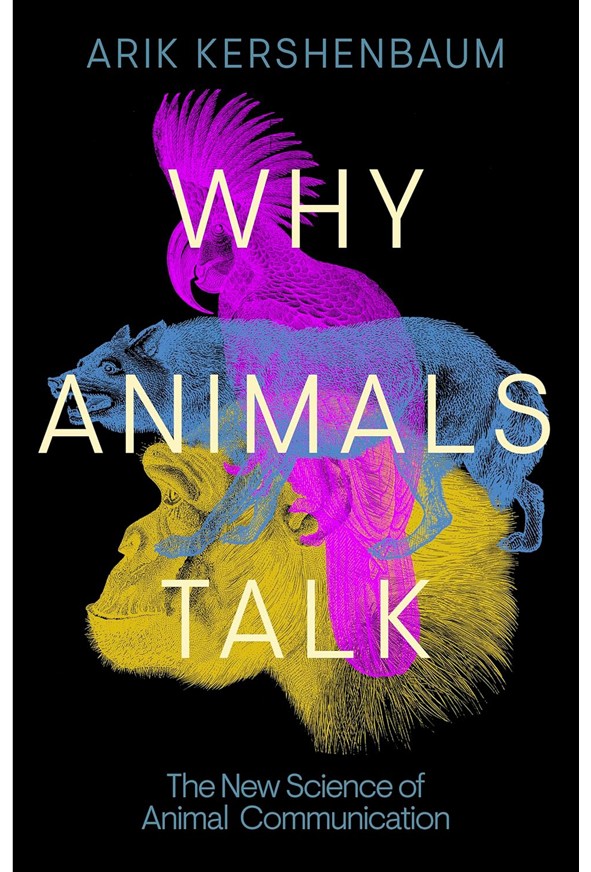
Why Animals Talk
Arik Kershenbaum Viking (2024)
Are humans the only animals with a language? asks zoologist Arik Kershenbaum. Laboratory studies of animals suggest we are. But analyses of animals in the wild produce a more complex answer, Kershenbaum argues in this highly readable book, based on field investigations globally. Its seven chapters consider communication in wolves, dolphins, parrots, hyraxes, gibbons, chimpanzees and humans. Maybe the difference between human communication and that of other animals is one of degree, rather than kind, he proposes.
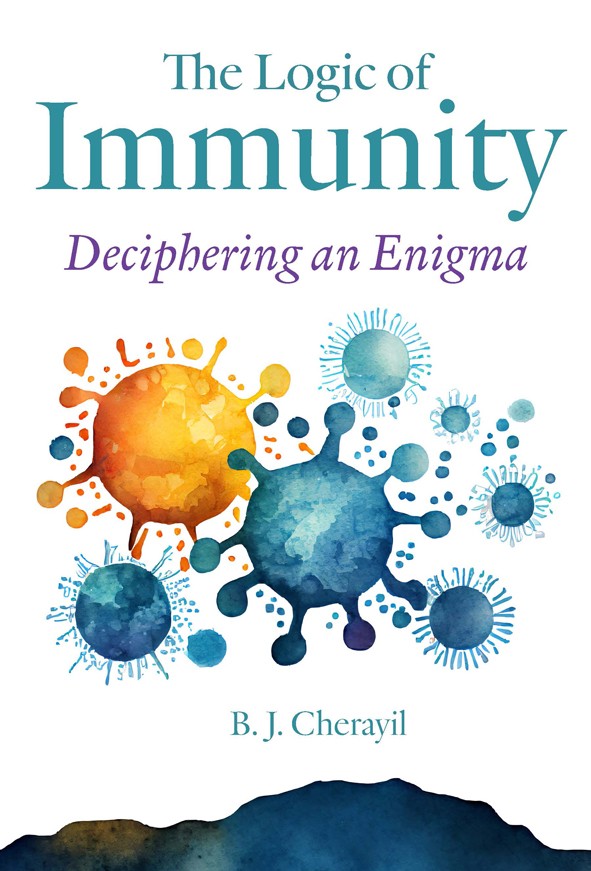
The Logic of Immunity
B. J. Cherayil John Hopkins Univ. Press (2024)
Vaccines against diseases such as smallpox are perhaps some of medicine’s greatest triumphs. But, writes physician-scientist B. J. Cherayil, the immunology underlying vaccination still puzzles both specialists and the public because of its unpredictability. In his book, motivated by COVID-19, he describes the human immune system with elegant clarity and explains the “exponential” advances in understanding brought about over his decades of research, but admits that we still don’t know why immunity protects only some people.
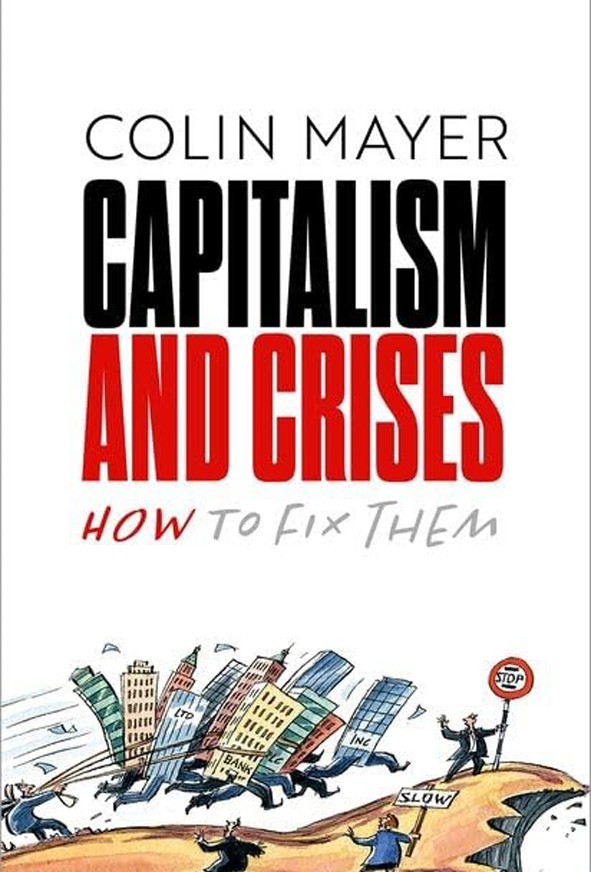
Capitalism and Crises
Colin Mayer Oxford Univ. Press (2024)
As a professor of management studies, Colin Mayer has long explored capitalism’s effect on business, government and society. Despite recognizing its benefits, he suggests that capitalism causes “terrible suffering, disasters, inequality, environmental degradation, and social exclusion”, because profits come from “causing as well as solving problems”. His hard-hitting analysis argues that, although capitalists embrace Adam Smith’s The Wealth of Nations (1776), they have unwisely disregarded his 1759 book The Theory of Moral Sentiments.
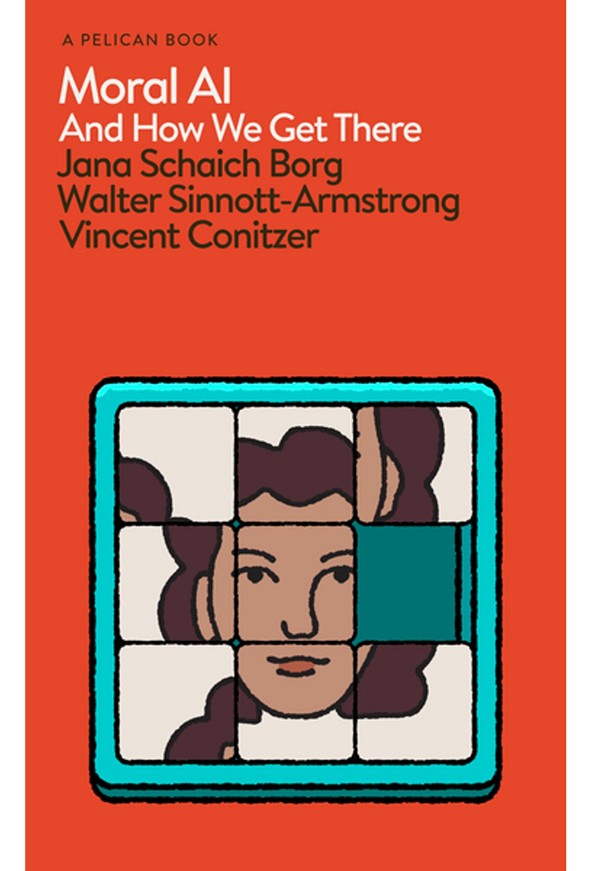
Moral AI
Jana Schaich Borg et al. Pelican (2024)
The industrialization of machines in the nineteenth century and of chemicals in the twentieth century led to both gains and disasters. Artificial intelligence (AI) will produce even more complex effects, argue three interdisciplinary researchers. Indeed, they introduce their book’s stimulating analysis of moral dilemmas in AI with snippets of both good and bad AI-related news — from the worlds of art, environment, investment, law, media, medicine, the military, politics and more. AI “deserves both pessimism and optimism”, they note.
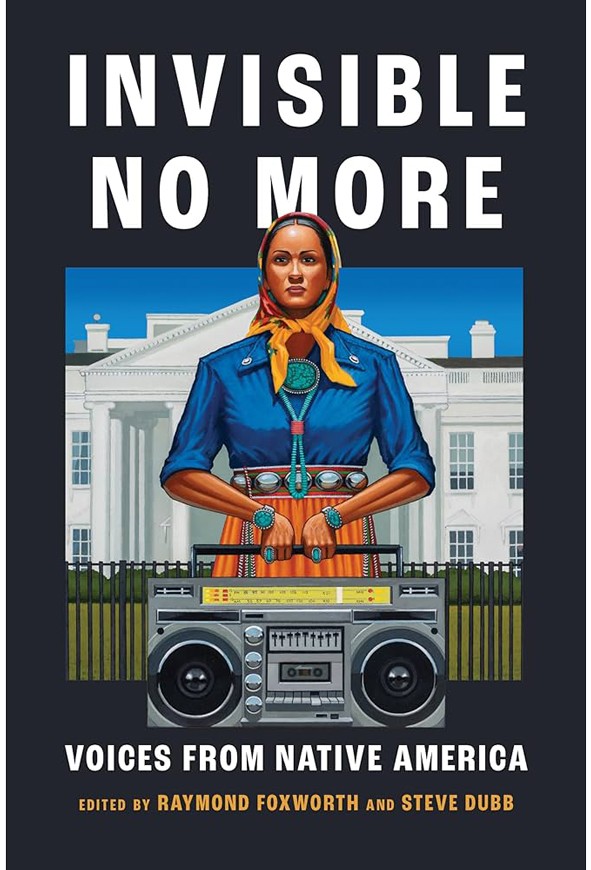
Invisible No More
Eds Raymond Foxworth & Steve Dubb Island (2023)
In the film Oppenheimer, J. Robert Oppenheimer proposes in late 1945 that Los Alamos be returned “to the Indians” — and then-US president Harry Truman laughs. “Often, Native Americans have been treated as vestiges of the past, not living people,” notes Steve Dubb, who edited this collection with Raymond Foxworth, a citizen of the Navajo Nation. Native American leaders write about philanthropy, climate justice and economics, including how Yosemite National Park’s Native residents were expelled “in the name of conservation”.
Competing Interests
Table of Contents
The author declares no competing interests.
